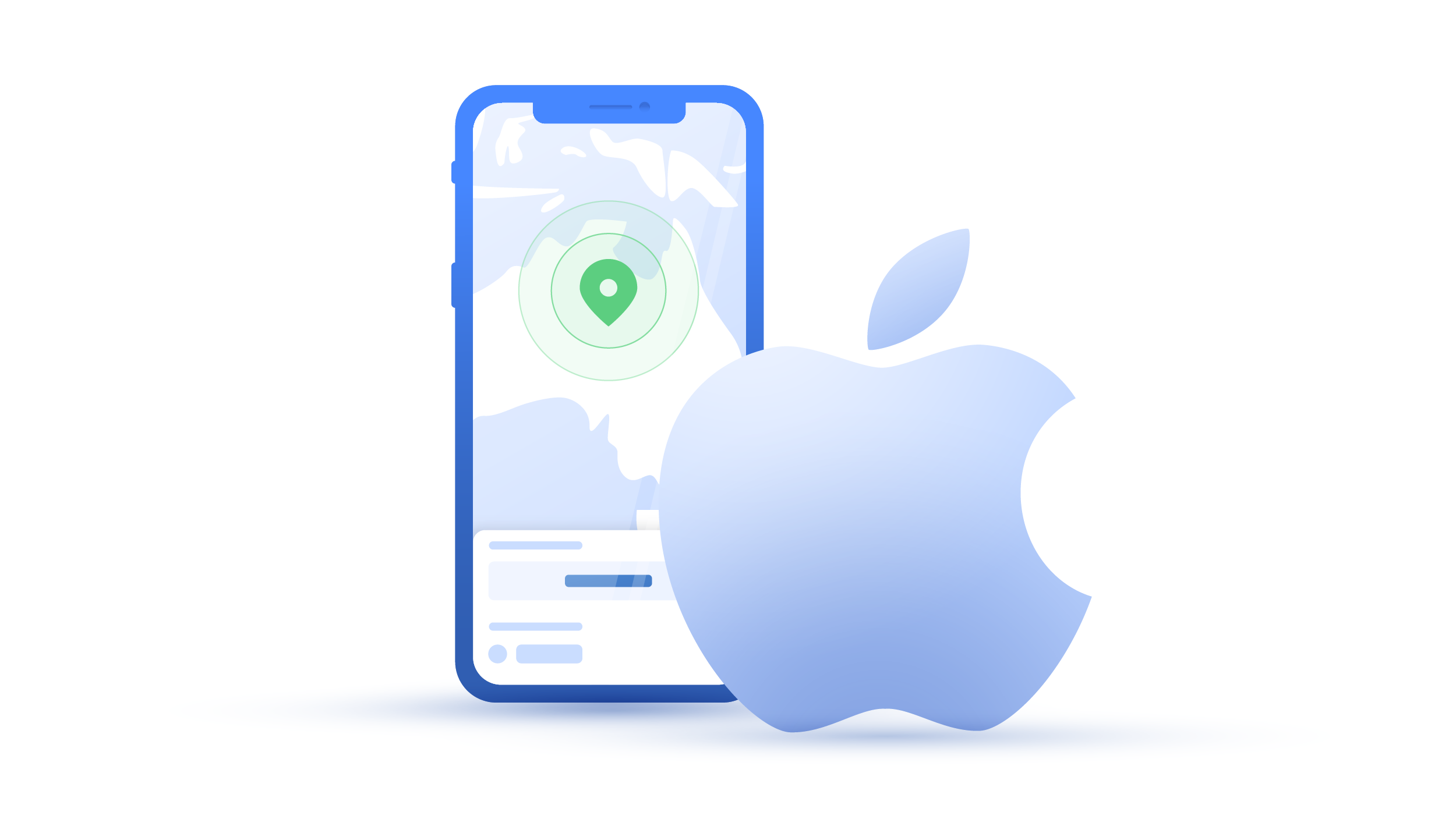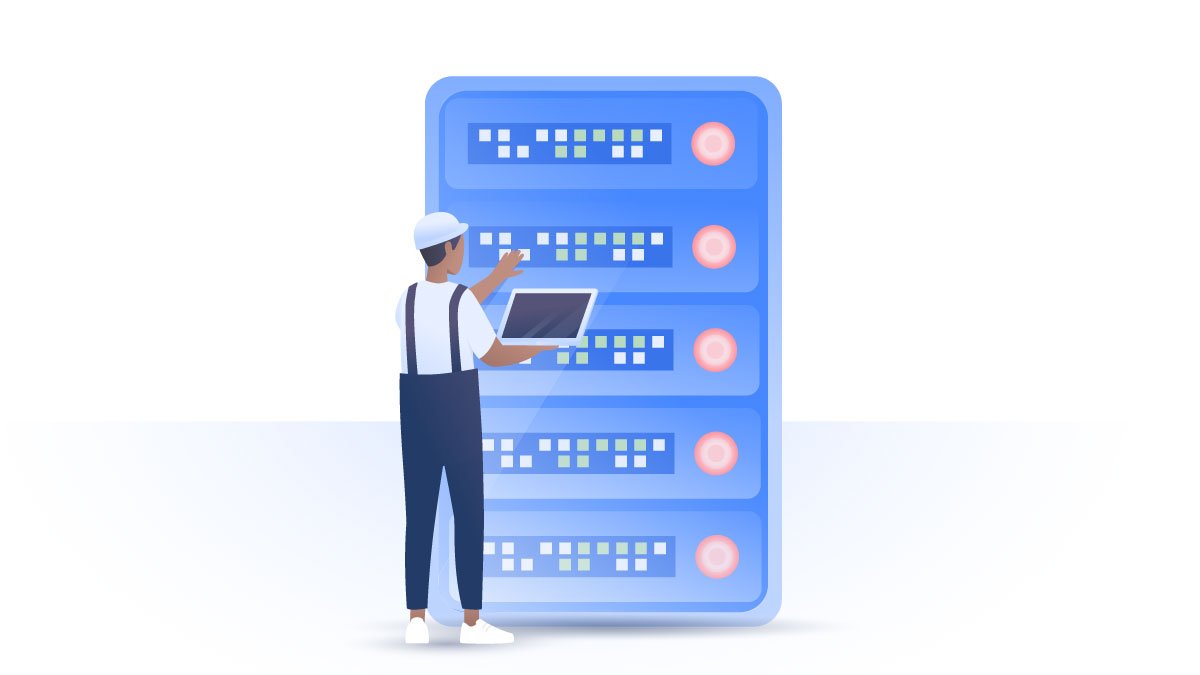Encryption Services on the Rise in the US Election Aftermath
Now that Donald Trump has been elected as the next President of the United States of America, doubts have begun to be raised about the future administration’s position on internet privacy.
Christina Craig
Dec 08, 2016 · 3 min read

This fear has reportedly led to massive increases in online services aimed at protecting users’ rights.
ProtonMail, the Switzerland-based encrypted emailing service, has reported that its number of new users have increased by 100%.
Similar effects are being seen all across the online privacy and security services community. According to App Annie data, encrypted messaging app Signal saw increases in popularity. NordVPN is also seeing a significant increase in VPN downloads in the US since the election. Some might ask, is this just all fear mongering, or is there some legitimate reason for users to begin worrying about a Donald Trump presidency? Let’s look at the reasons.
Trump Will Control the NSA
Because of the way the American system works, Donald Trump will be able to choose the new director of the NSA (National Security Agency), which is most famous in recent years for having been exposed by Edward Snowden for its involvement in mass national and international surveillance.
Even though Congress first has to approve Trumps NSA pick, Republicans will most likely control both the Senate and the House of Representatives, so the NSA pick will be a shoe-in.
Trump is generally known to support mass surveillance, as his stances against domestic and foreign terrorism might lead him to pursue as many avenues as possible to listen in on possible threats.
Some controversial quotes are also adding to the worries: “We’ve got to maybe do something with the internet. We’re losing a lot of people because of the internet. We have to see Bill Gates and a lot of different people that really understand what’s happening,” said Mr. Trump back in December 2015. He continued, “We have to talk to them about, maybe in certain areas, closing that internet up in some ways,” “Somebody will say, ‘Oh freedom of speech, freedom of speech.’ These are foolish people.”
Although no one can be certain as to whom Trump will pick as the NSA director, his other choices do shed some light on his particular position.
Trump’s CIA Pick Dislikes Encryption
On November 18, Donald Trump chose Mike Pompeo as the future director of the CIA (Central Intelligence Agency). Pompeo has long been a strong supporter of expanding the government’s mass surveillance powers.
Pompeo is also known to be supportive of a pre-Snowden world, one where mass surveillance is the norm and citizens are routinely watched in order to gain intelligence on possible threats.
In fact, last year while Congress was arguing for (and eventually passing) the USA Freedom Act, which banned the controversial mass collection of Americans’ phone call data, Pompeo wrote an op-ed in The Wall Street Journal arguing for the exact opposite.
He claimed that “a fundamental upgrade to America’s surveillance capabilities” was something that the country should be aiming for, instead of toning it down. He further stated:
“Congress should pass a law re-establishing collection of all metadata, and combining it with publicly available financial and lifestyle information into a comprehensive, searchable database. Legal and bureaucratic impediments to surveillance should be removed.”
Beyond that, Pompeo believes that encryption “may itself be a red flag,” implying that any American or international internet users who use any encryption for their communications may be involved in nefarious activities and therefore may need to be watched more closely.
So how does privacy and security look in a Trump America?
Although Donald Trump hasn’t taken office yet, and especially because of a number of contradictory statements on the subject of privacy online versus mass surveillance he uttered in the past, it is difficult to pin down exactly what his stances are on certain issues.
However, based on his present picks for the top intelligence agencies, a picture is already beginning to form about where he stands on digital privacy and security.
The Washington Times reports that internet archivists plan to create a duplicate site and store the data in Canada because of fears of uncertain internet freedom future in the US. In order for any user of any country to have greater protection and control over their privacy and security, it is highly recommended that you use a VPN (Virtual Private Network), which not only helps anonymize you on the internet, but also encrypts your communications to increase your privacy.
In the upcoming months and years, these issues will come very much to the foreground. We at NordVPN will continue to monitor the situation, so be sure to check back regularly.
What do you think of the future Trump America? Do you think he will be more or less willing to expand government mass surveillance? Let us know in the comments below.
Want to read more like this?
Get the latest news and tips from NordVPN.



